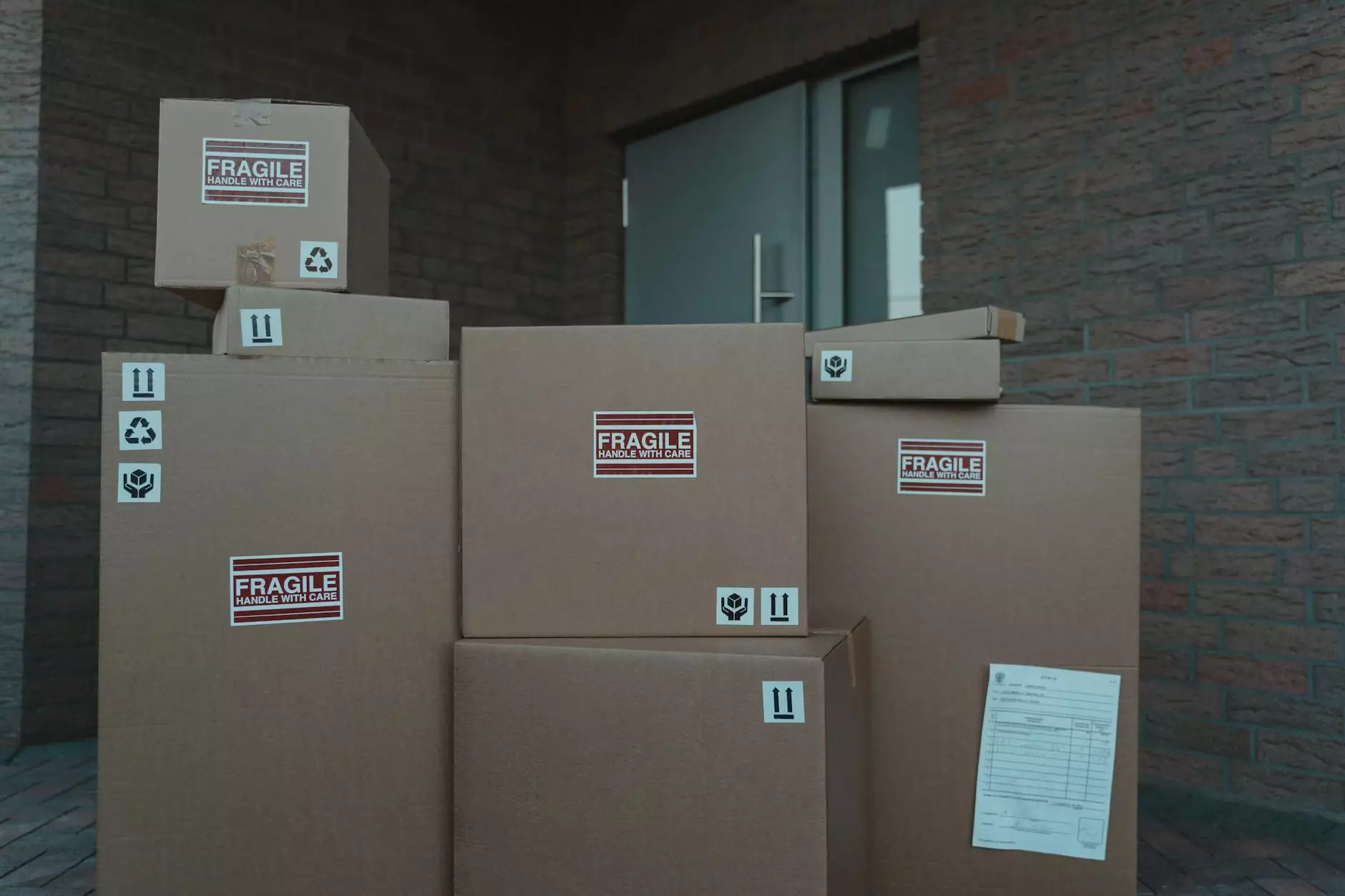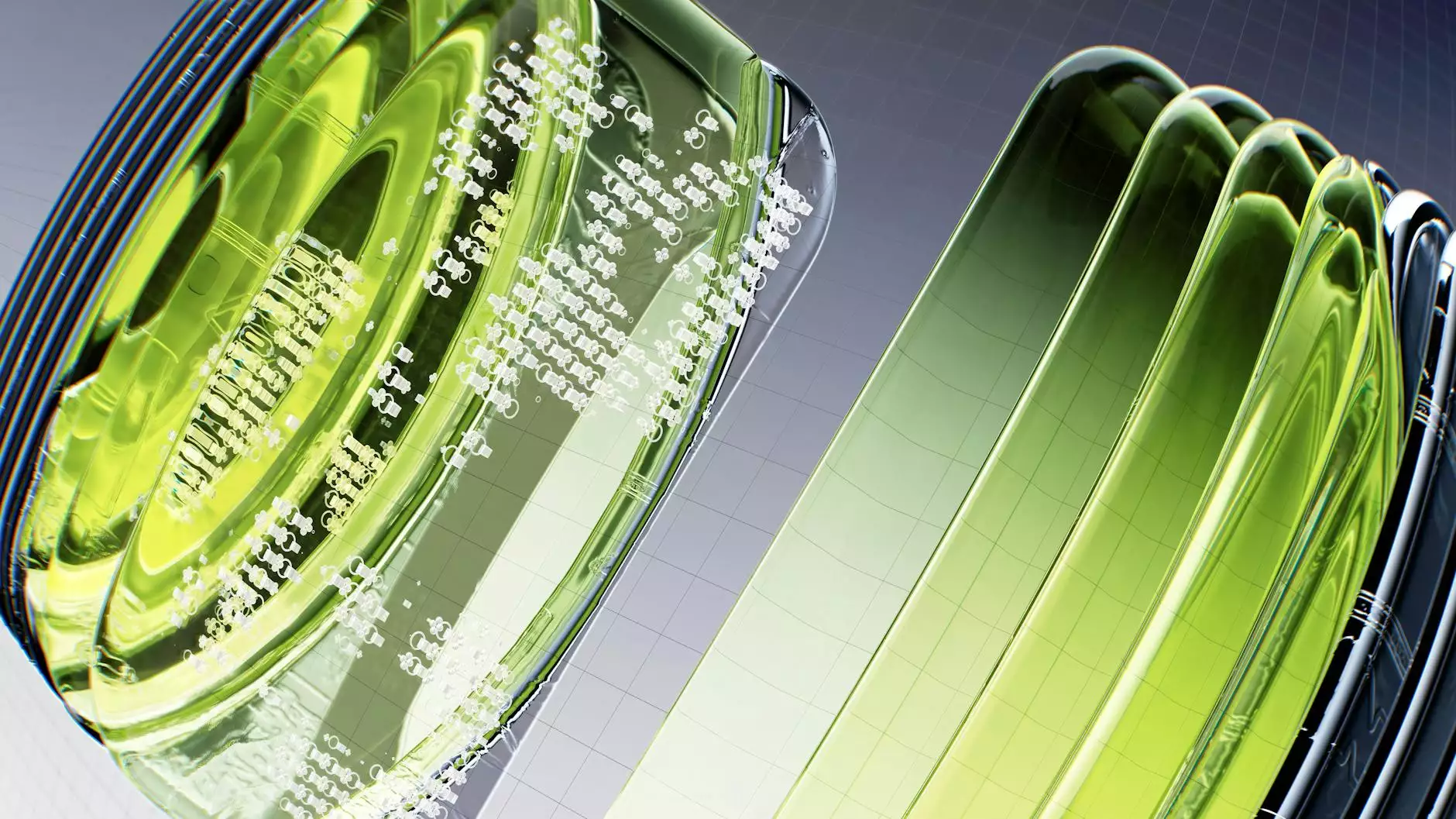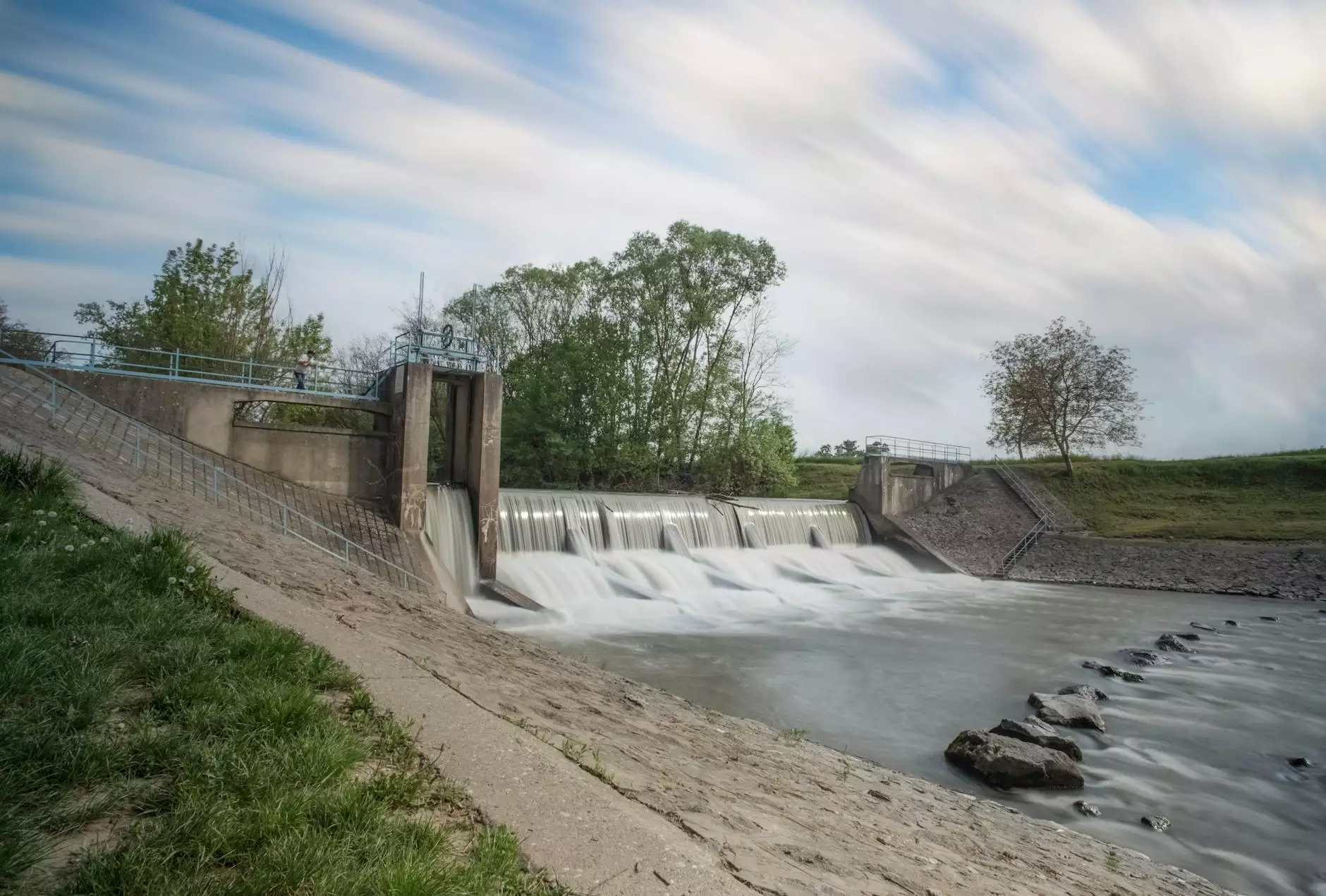Understanding Lung Cancer CT Scans: A Comprehensive Guide

Lung cancer is one of the leading causes of cancer-related deaths globally. Early detection and timely intervention are paramount in increasing the chances of successful treatment and survival. One of the most effective tools in the early diagnosis of lung cancer is the lung cancer CT scan. In this article, we will explore everything you need to know about lung cancer CT scans, including their importance, how they are performed, and what to expect during the process.
What is a Lung Cancer CT Scan?
A lung cancer CT scan, also known as a computed tomography scan, is a sophisticated imaging technique that generates detailed images of the lungs and surrounding structures. This scan is instrumental in identifying abnormalities, specifically tumors that may suggest cancer. CT scans are not only effective in diagnosing lung cancer but are also valuable in monitoring the progression of the disease and evaluating treatment effectiveness.
Why is a Lung Cancer CT Scan Important?
Understanding the significance of a lung cancer CT scan is crucial for individuals at risk of developing lung cancer. Here are some key reasons why these scans are vital in the detection and management of lung cancer:
- Early Detection: CT scans can detect lung cancer in its early stages when the disease is most treatable.
- Detailed Imaging: Unlike traditional X-rays, CT scans provide cross-sectional images that offer a clearer view of lung structures.
- Monitoring: For individuals diagnosed with lung cancer, CT scans can be used to monitor tumor size and response to treatment.
- Guiding Treatment: The detailed images help healthcare providers plan the most effective treatment strategies.
How is a Lung Cancer CT Scan Performed?
Understanding the process of a lung cancer CT scan can alleviate anxiety associated with medical procedures. Here’s what typically happens during a CT scan:
1. Preparation
Prior to the scan, you will receive specific instructions from your healthcare provider. This may include fasting for a few hours or avoiding certain medications.
2. The Procedure
During the scan, you will lie down on a table that slides into the CT scanner. It’s essential to remain as still as possible during the imaging process to avoid motion blur. The scan itself lasts only a few minutes, and you may hear clicking sounds as the machine operates.
3. Use of Contrast Material
In some cases, a contrast material may be administered to improve the visibility of certain structures. This can be done through an intravenous line or by having you swallow a solution.
Benefits of Lung Cancer CT Scans
There are numerous benefits associated with the use of lung cancer CT scans in the diagnostic process:
- Non-Invasive: CT scans are non-invasive, causing minimal discomfort compared to diagnostic surgeries.
- Rapid Results: CT scans can deliver quick results, facilitating faster treatment decisions.
- Comprehensive Evaluation: Allows for the examination of surrounding tissues and organs, providing a broader understanding of the patient's health.
Risks associated with Lung Cancer CT Scans
While CT scans are generally safe, they do involve exposure to a small amount of radiation. It is important to discuss the risks and benefits with your healthcare provider, especially if you require multiple scans over time.
Lung Cancer Screening Guidelines
The lung cancer CT scan is particularly recommended for certain high-risk populations. Current guidelines suggest screening for individuals who:
- Are aged 55 to 80 years.
- Have a history of heavy smoking (30 pack-years or more).
- Are current smokers or have quit within the last 15 years.
Interpreting CT Scan Results
Once the scan is complete, a radiologist will review the images and produce a report that your healthcare provider will discuss with you. Abnormalities may require further tests or biopsies to confirm the presence of cancer.
Conclusion: The Role of Lung Cancer CT Scans in Early Detection
In summary, lung cancer CT scans play a pivotal role in the early detection and management of lung cancer. Their ability to provide detailed imaging allows for timely interventions, increasing survival rates for patients diagnosed with this aggressive disease. If you or someone you know is at risk, it’s essential to discuss the option of a CT scan with your healthcare provider, as it may save lives through early diagnosis.
Additional Healthcare Information
As a part of comprehensive health management, individuals are encouraged to engage in preventive measures, which include routine check-ups and lifestyle modifications such as quitting smoking and maintaining a balanced diet. At HelloPhysio, we are committed to providing resources and support in the fields of Health & Medical, Sports Medicine, and Physical Therapy. Understanding your health is the first step towards improving it.
Contact Us for More Information
If you have any questions regarding lung cancer CT scans or other health-related inquiries, please contact us or visit our website for more resources and support.
References
For additional reading and resources on lung cancer screenings and CT scans, consider exploring reputable sources such as:
- American Cancer Society
- American Lung Association
- RadiologyInfo.org









